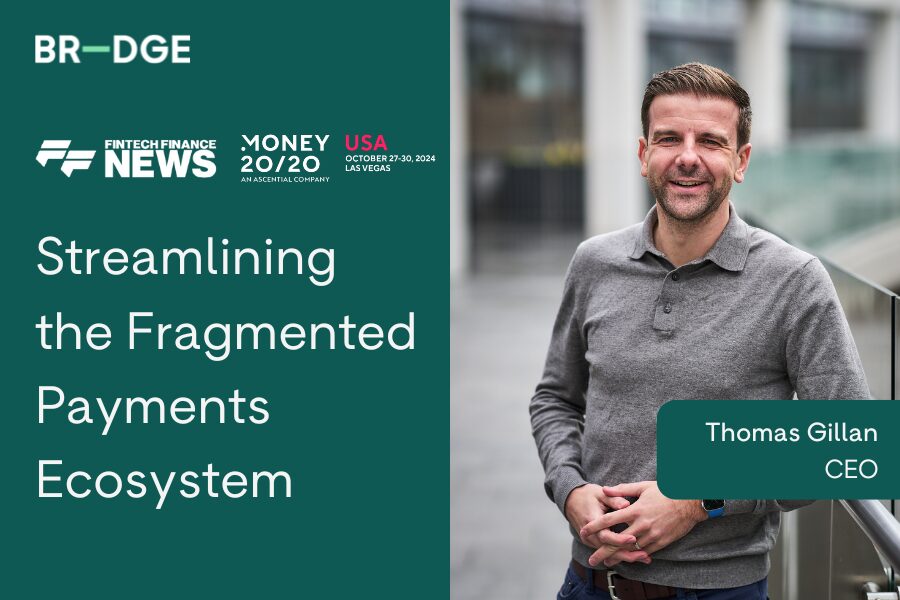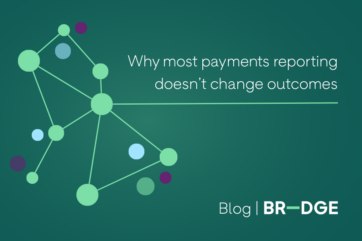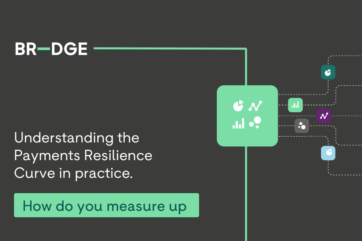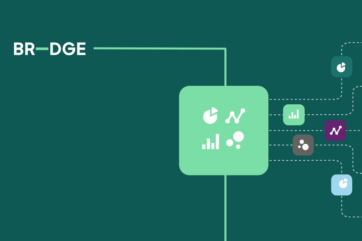
Streamlining the Fragmented Payments Ecosystem

Thomas Gillan, CEO of BR-DGE, spoke to FF News at Money 2020 US 2024 about how payments orchestration is transforming the merchant payments value chain.
“Orchestration offers a way of streamlining the payments process, optimising revenue, and ensuring both merchants and traditional acquirers can remain agile.”
The impact of fragmentation in merchant payments
Speaking at Money20/20 USA, Thomas explored the upside and pitalls of fragmentation within the payments ecosystem. “Fragmentation is largely a positive development, driving innovation, consumer choice, and better checkout experiences. However, for merchants, it’s a difficult challenge to tap into solutions and services that are spread across a fragmented landscape. Embedding diverse payment solutions into their infrastructure is complex and resource-intensive, which is especially difficult to justify when technical resources are already stretched thin.
Thomas highlighted how orchestration can help merchants build a ‘best-in-breed' payment stack, capturing revenue and optimising conversion rates while meeting consumer expectations. It’s about creating a tailored checkout experience that prioritises customer needs, enabling them to pay how they want, when they want.
Delivering value across the ecosystem
But orchestration doesn’t just serve merchants and consumers; it’s an opportunity for payment providers too. At the consumer level, orchestration ensures seamless, intuitive payment experiences. For merchants, it enhances acceptance rates, improves global adaptability, and optimises revenue capture. Beyond this, it’s important to note that orchestration is no longer just an execution layer; it’s also a distribution layer. On that basis, it allows payment providers to connect with markets more efficiently, distributing their products while facilitating smooth transaction execution.
Traditional financial institutions and acquirers have long delivered exceptional services, but keeping pace with innovation is a constant challenge. This is where orchestration can help augment existing infrastructures, enabling these players to remain agile as they scale and adapt. It’s not about replacing legacy systems but enhancing them to meet the demands of today’s dynamic payments ecosystem.
The common misconception about orchestration that perhaps stops traditional institutions from getting involved is that it’s merely a cost-saving mechanism. Thomas explains that BR-DGE is shifting the narrative away from a “race to the bottom” where acquiring competes purely on transaction costs and instead focusing on value-added services, optimising payment flows, and enhancing the customer journey. This is how orchestration can become a tool for growth, not just efficiency.
For more information on maximising your piece of the orchestration opportunity, check out our white-label solution here.
Related content





